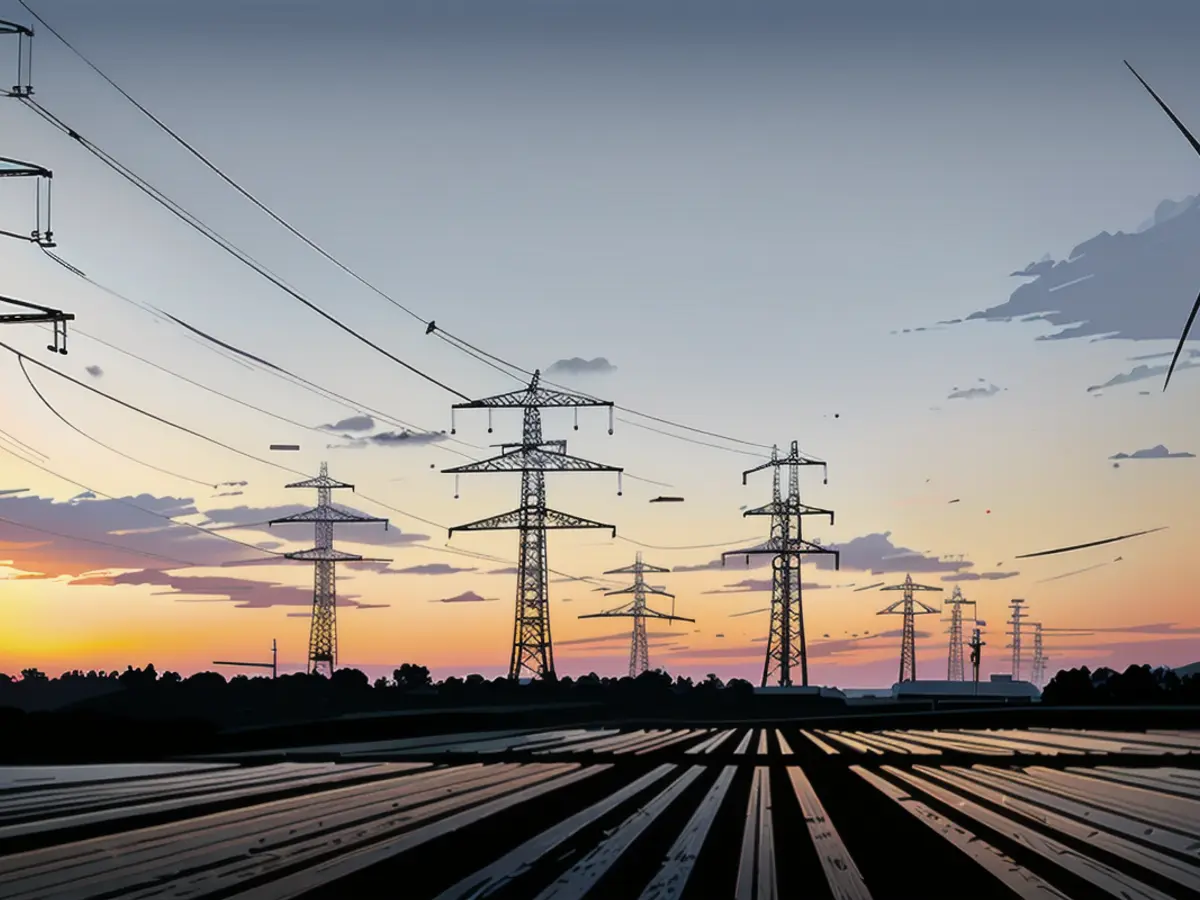Power sustenance - Lower Saxony prefers underground electricity Network Extension
Lower Saxony will maintain its focus on burying power lines as it expands its grid, according to Economics Minister Olaf Lies (SPD). In response to a query from the German Press Agency in Hanover, he stated, "If we stray from underground cabling now, we're going against the widespread public support for expanding our network."
The country's focus on underground cabling began in early 2016 as part of a collaboration between CDU and SPD to increase public acceptance of the network expansion. However, the Union in the Bundestag is considering a motion that, in the future, cabling should be done primarily overhead, instead of underground. CDU Vice President Andreas Jung explained to the dpa that underground cabling is more expensive, hence the call for a change.
To accommodate the energy transition, numerous kilometers of long-distance power lines need to be laid. These "power highways" should primarily transport wind power from the north to the south. While a considerable portion of this should be underground cables, they are much more expensive than overhead lines. The cost of these cables is borne by all electricity customers through network fees, so the discussion about switching to overhead lines has gained traction.
President of Bundesnetzagentur Klaus Mueller also enumerated the "undisputed cost advantages" of overhead lines in a May interview with Handelsblatt. Construction and, likely, maintenance are less expensive for overhead lines.
Lies noted that a significant portion of the energy transition is taking place in northern Germany, and relinquishing underground cabling might endanger acceptance, possibly stalling the entire energy transition and impeding climate protection.
Environment Minister Christian Meyer (Greens) added that most green energy will be generated and transmitted within Lower Saxony in the future, enabling Germany to achieve climate neutrality. "The network expansion is advancing more slowly, not just because of underground cabling, which enjoys broad support here, but also because we can't afford to cut corners on the cable expansion," said the Green politician.
Read also:
- Olaf Lies, the SPD's Economics Minister in Lower Saxony, has consistently advocated for burying power lines during the grid expansion, citing public support.
- The Federal Government, in conjunction with the CDU, initiated the focus on underground cabling in early 2016 as part of a grand coalition to boost network acceptance.
- In the Bundestag, the CDU is proposing a motion to shift the primary method of cabling from underground to overhead, due to the perceived higher costs.
- The push for overhead lines is driven in part by the lower construction and maintenance costs compared to underground lines, as highlighted by Bundesnetzagentur President Klaus Mueller.
- Lies warns that abandoning underground cabling could jeopardize public acceptance in northern Germany, potentially halting the energy transition and hampering climate protection efforts.
- Environment Minister Christian Meyer (Greens) echoes this concern, emphasizing that a substantial portion of the energy transition is happening in Lower Saxony, requiring thoughtful expansion of the power grid.
- The federally-funded German Press Agency reported on these developments, gathering insights from various stakeholders, including Olaf Lie, the CDU's Andreas Jung, and Minister Meyer.
- The ongoing energy transition in Germany involves the installation of numerous kilometers of long-distance power lines, essential for efficiently transporting wind power from the north to the south.








